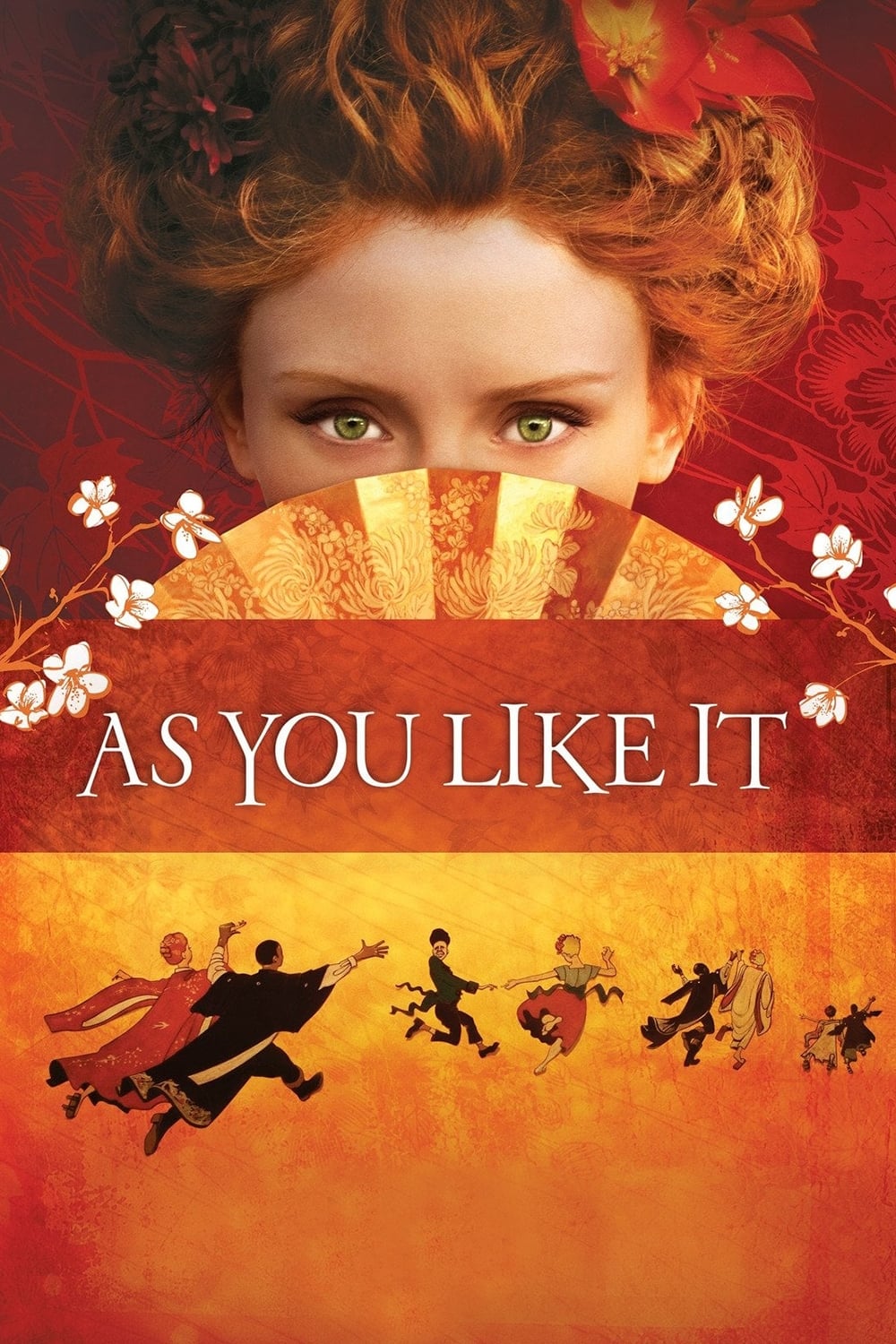
Witty, playful and utterly magical, the story is a compelling romantic adventure in which Rosalind and Orlando's celebrated courtship is played out against a backdrop of political rivalry, banishment and exile in the Forest of Arden - set in 19th-century Japan.
16 May As You Like It (2006)
Katachi Words
Here’s one of the most intriguing challenges in all the lands of imagination.
Shakespeare invented much of what it means to be a modern human. But he did so in a very constrained way of communicating. The plays were all about language and geometry on how the come to us, and within that vessel he grew images. That sparseness was what allowed him to shape the language so finely, thus creating the poetic spins that find valence in us.
Okay. If you have seen Shakespeare done as it originally was, you’ll know what I mean. The plays work well when read silently or aloud as well. But how to translate to cinema? How to take something that is not visual until it enters us, and make it visual before it enters us and make the same magic?
I love how people have tried. Most modern stage productions follow this cinematic challenge as well because now we are a visual society.
Jarman, Greenaway, Luhrman and Taymor have done marvellous things with this challenge. Branagh is from a different stripe, a sideways approach to this problem. He sometimes moves into pure cinema (Kate’s mirrored Ophelia rant, the horses in “Much Ado”) but he’s primarily worried about stagecraft as theatrically defined. Here he does something different, something so ambitious I’m trilled to be alive for it. Its so clever.
I did not see this at an appointed time, but stumbled on it after a discouraging day. In a sense, it saved my life. It really did. I watched the whole thing with one of those openmouthed grins.
Here’s what he did. He transported the setting to Japan and adjusted everything accordingly. Simple idea.
No, its not just Shakespeare with different clothes. Its not just the plot fleshed out with some other setting. Its a translation to a visual expression. Japan has spent a few hundred years building, refining and constraining a visual grammar in much the same way that Northern Europeans did with language. We lose much of what we associate with the plays, that verbal poetry. What we get in its stead is something similar but visually rooted. To establish this of course you have to “show strong” in the beginning, and he does with a completely wordless intrusion, an invasion of guess what? A play!
This Rosalind is exquisite, someone who knows how to shape the space around her the way British actors carefully shape their words. She anchors the whole thing, including an amazing epilogue. Really, you should save this for when you need your life saved, when you need to stroke down melancholy burrs.
Though Branagh ends with his familiar happydance, by then you will be ready for it, ready to fall in love all over again.
Posted in 2009
Ted’s Evaluation — 3 of 3: Worth watching.


No Comments